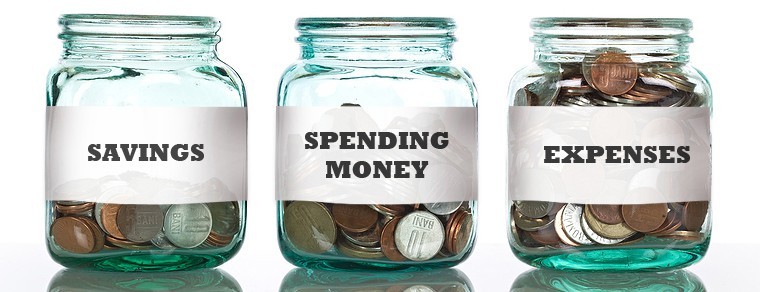How to Prepare for a Personal Financial Crisis
Post on: 28 Март, 2015 No Comment

The thought of being hit with a major negative event in your life that could affect your finances, like the loss of your job, terminal illness, or car accident is enough to keep anyone awake at night. But the prospect of something expensive, and beyond your control, happening becomes less threatening if youre properly prepared.
Here are some steps you can take to ensure that no matter what the future brings, you and your family can rest easy knowing youve prepared for the worst.
Maximize Your Liquid Savings
Cash accounts like checking, savings and money market accounts, as well as certificates of deposit and short-term government investments, will help you the most in a crisis. Youll want to turn to these resources first, because their value doesnt fluctuate with market conditions. This means you can take your money out at any time without incurring a financial loss. Also, unlike retirement accounts, you wont face early withdrawal penalties or incur tax penalties when you withdraw your money.
Dont invest in stocks or other higher-risk investments until you have several months worth of cash in liquid accounts. How many months worth of cash do you need? That depends on your financial obligations and your risk tolerance. If you have a major obligation, like a mortgage or a childs ongoing tuition payments, you might want to have more months worth of expenses saved up than if youre single and renting an apartment. A three-month expense cushion is considered a bare minimum, but most people like to keep six months or even up to two years worth of expenses in liquid savings to guard against a long stretches of unemployment.
Make a Budget
If you dont know exactly how much money you have coming in and going out each month, you wont know how much money you need for your emergency fund. And if you arent keeping a budget, you also have no idea whether youre currently living below your means or overextending yourself. A budget is a useful tool that can help you decide if youre happy with where youre spending your hard-earned money and with where you stand financially.
Cut Excess Spending
You might not have to do it right now, but be ready to start cutting out anything that is not a necessity. If you can quickly get your recurring monthly expenses as low as they can be, youll have less difficulty paying your bills when money is tight. Start by looking at your budget and see where you might currently be wasting money. For example, are you paying a monthly fee for your checking account? Explore how to switch to a bank that offers free checking. Are you paying $40 a month for a land-line you never use? Learn how you might cancel it, or switch to a lower rate emergency-only plan if you needed to. You might find ways you can start cutting your costs now just to save money.
For example, are you in the habit of letting the heater or air conditioner run when youre not home, or leaving lights on in rooms you arent using? You may be able to trim your utility bills. The more fat you can trim from your monthly spending, the more you can put away into an emergency fund in case financial crisis strikes when you least expect it.
Find Ways to Make Extra Cash

Everyone has something they can do to earn extra money, whether its selling possessions you no longer use online or in a garage sale, babysitting, chasing credit card and bank account opening bonuses, freelancing or even getting a second job. The money you earn from these activities may seem insignificant compared to what you earn at your primary job, but even small amounts of money can add up to something meaningful over time. Besides, many of these activities have side benefits you might end up with a less cluttered house or discover that you enjoy your side job enough to make it your career.
Take any extra cash you earn and put it into a savings account to be used in case of an emergency.
Keep Up With Routine Maintenance
If you keep the components of your car, home and physical health in top condition, you can catch any problems while theyre small, and avoid expensive repairs and medical bills later. Its cheaper to have a cavity filled than to get a root canal, easier to replace a couple of pieces of wood than to have your house treated for termites and better to eat healthy and exercise than end up needing expensive treatments for diabetes or heart disease. You might think that you dont have the time or money to deal with these things on a regular basis, but they can create much larger disruptions of your time and your finances if you ignore them.
Ultimately there are many steps you can take to make sure you cover your bases financially. The more money you put away for an emergency, the more confident youll feel in knowing that you and your family are protected. Aggieland Title Company of Bryan/ College Station can assist you with any questions you may have about financial planning! Dont be afraid to ask their friendly and knowledgeable staff!














